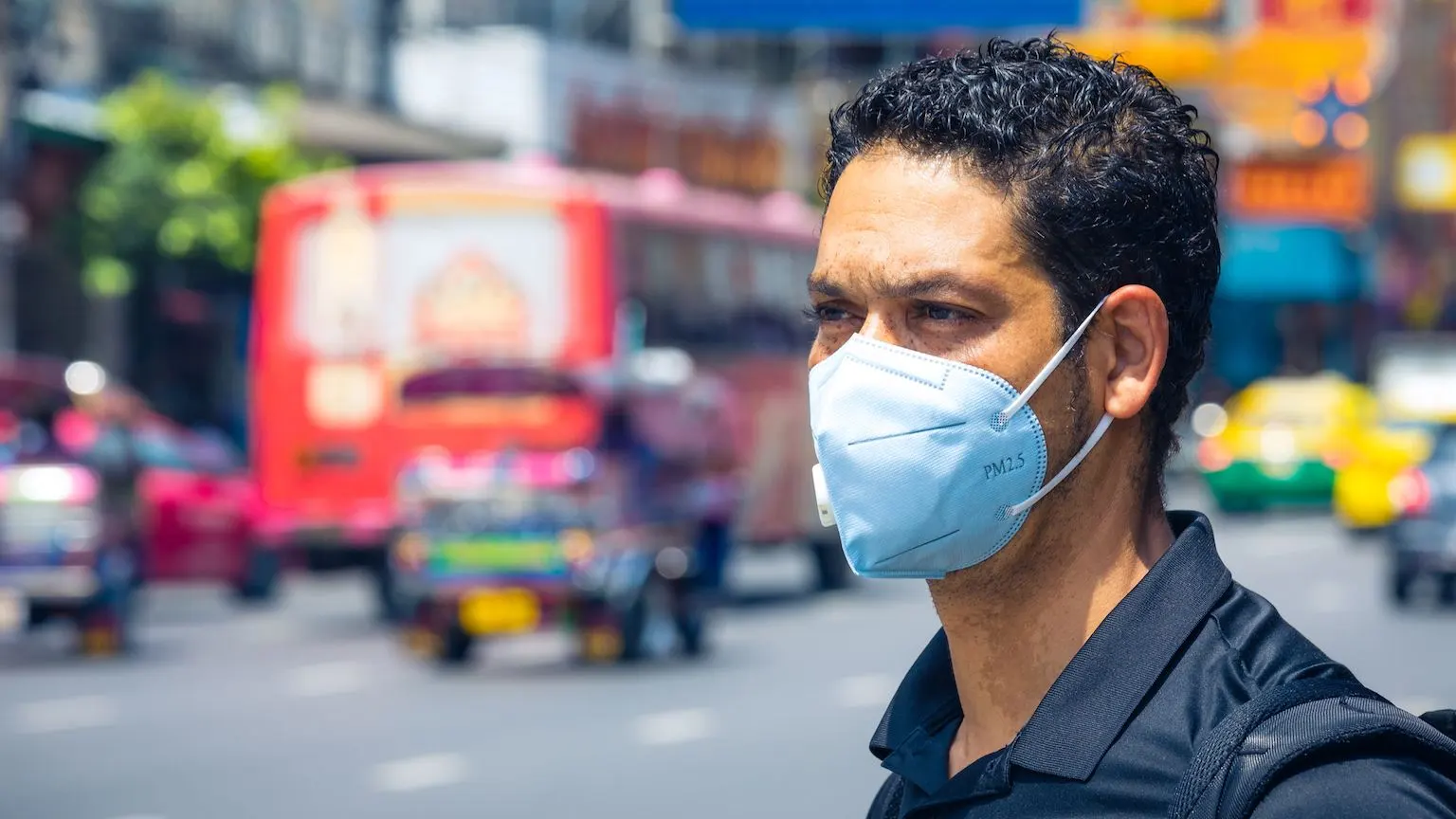To wear or not to wear? Coronavirus and face masks across the globe

Every country seems to have different advice on whether or not to wear a face mask to help prevent COVID-19. Here’s a round-up so you can decide for yourself.
With President Trump recently announcing that his administration is now advising Americans to wear face masks in public, while simultaneously saying he had no intention of doing so himself, confusion has only increased as to whether wearing masks is a good idea. Joining the US in advising mask-wearing are Canada, India, Japan and China. Simultaneously, the Australian government is still advising the public that face masks are unnecessary. Below is a round-up of the advice in several countries. This page will be continuously updated as more countries issue advice. For more details on the spread of COVID-19, see our coronavirus statistics page.
The argument for wearing a mask
Coronavirus spreads through contact, and it can live on surfaces for several days. However, the virus is not absorbed through the skin. It must be ingested and the most common way for a virus to enter the body is through the mouth. While we’ve all been advised not to touch our faces, this can be difficult. Wearing a mask in public stops you from touching your face around your mouth. It also helps prevent COVID-19 from spreading through coughing and sneezing.
The argument for not wearing a mask
Face masks are essential wear for front-line workers such as nurses and doctors. With limited stock available, the general public should not be consuming essential stock. Additionally, the mask will not fully prevent you from getting the virus.
| Country | Masks recommended? | Details |
|---|---|---|
| US | Yes | The Centers for Disease Control and Prevention has recommended everyone wear at least a cloth face mask in public settings where social distancing measures are difficult to maintain and in places where community transmission is a high risk. |
| Australia | No | It is recommended Australians wear masks in public if they feel unwell or if they’re essential workers. |
| Canada | Yes | Dr Tam, Chief Medical Officer, has recommended that Canadians use non-medical masks along with social distancing measures to limit transmission. Although previously she was not supportive of the common public using masks, she has now said that this is an extra measure the country can undertake. |
| Chile | Yes | The government of Chile advises citizens to wear masks. |
| China | Yes | Masks were recommended in China when the virus broke out; however, in at least two provinces (Hubei district, Beijing), they were compulsory – people couldn’t leave the house without a mask. The minimum standard of mask that was recommended was surgical masks. |
| France | Yes | France’s director general of health recently announced that the public is encouraged to wear non-medical masks when leaving the house. This announcement has come as cases keep increasing. The next week could see masks becoming compulsory in districts such as Nice. |
| India | Yes | The government has advised citizens to make masks at home. |
| Indonesia | Yes | Wearing masks in Indonesia is compulsory. |
| Italy | Yes | Face masks are not compulsory Italy-wide, except in some areas. This includes the virus epicentre, Lombardy. Tuscany is also going to make masks compulsory after distributing them for free to each household. In Veneto, Friuli Venezia Giulia and Valle d’Aosta masks are compulsory in shops by both customers and workers. Other parts of Italy are also distributing masks and they will be made mandatory as well. |
| Japan | Yes | Japan’s prime minister has stated that the country will distribute two washable cloth face masks to houses with a registered postal address. |
| New Zealand | No | In NZ, masks are not recommended for everyone. New Zealand is currently following the same guidelines recommended by World Health Organization (WHO) in terms of face masks. |
| Philippines | Yes | Face masks are compulsory on Luzon Island. |
| Singapore | Yes | Singapore government recommends masks for its citizens when they leave home. However, the government ‘s standpoint is that surgical masks need to be saved for those who are healthcare workers and are sick. The nation will also start delivering reusable masks to households from this Sunday. |
| South Korea | Yes | In the early days of the virus, South Korea encouraged its citizens to wear filtered masks to slow its spread. The government bought masks from the manufacturers and distributed them across the country. |
| UK | No | The UK government doesn’t recommend face masks for general wearing. Masks are recommended to be worn in clinical settings. N95 masks are recommended for healthcare workers. |
| Vietnam | Yes | Wearing masks in Vietnam is compulsory. |
Graham Cooke’s Insights blog examines issues affecting the Australian consumer. It appears regularly on finder.com.au. For regular updates check out twitter @gcooke42.
Recent Insights blogs
Picture: Getty/Shutterstock







